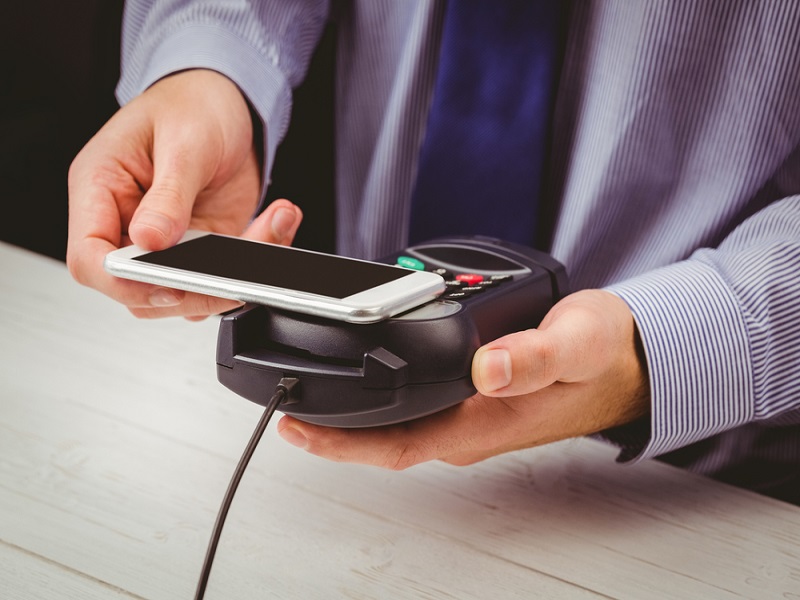Cashless payments are becoming the new norm in our society as we know it today. More and more consumers – as well as merchants and retailers – want to steer away from using cash to pay for goods and services. WeChat is on the right track, as the popular Chinese messaging application extended their cashless payment option overseas. More cashless payment options open up opportunities for Bitcoin payments as well.
Also read: BlackBerry Exits Pakistan Over Privacy Demands – Blockchain Technology Can Help
WeChat Pay – Cashless Transactions Around The World
China’s popular messaging application WeChat has become so much more than just a platform to communicate with other people. In recent months, WeChat has ventured into the mobile payment system by launching WeChat Pay. This system can be compared to competitors like Apple Pay and the upcoming LG Pay.
The main goal of WeChat Pay is to allow for financial transactions without making the user experience too cumbersome. Especially when it comes to sending money overseas, traditional remittance solutions are quite a hassle, and expensive to boot. WeChat Pay makes it easy to send funds to friends and family, although there is much more to the service than just that.
Up until this point, WeChat Pay was exclusively available to Chinese residents, who can use contactless payments in hundreds of stores across the country. But Tencent, the parent company of WeChat, is not satisfied with becoming a major player in China, as they want to offer the same functionality all over the world.
Achieving that goal is easier said than done, as every individual country has its own restrictions and regulations as far as mobile payments are concerned. This is why WeChat Pay will support nine currencies in the future – ranging from the USD to Euro and Korean Won to Australian Dollar – although payments will be restricted to China-issued bank and credit cards for the time being.
One benefit from this decision is how Chinese tourists will be able to pay wherever contactless payments are accepted, without having to leave the trusted WeChat ecosystem. Any overseas expenses paid through WeChat Pay will be converted to and paid for in Chinese renminbi. At this time, there was no official statement regarding support for international bank and credit cards.
Last but not least, it remains up to the overseas retailer to enable WeChat Pay for foreign customers. It is hard to judge the impact of this news on the market, even though there are 650 million active users on the WeChat platform. Getting those premium tourist locations on board will be critical to making this mobile payment solution an overseas success.
Or Just Use Bitcoin Instead
Any player active in the mobile payments market will have to come up with creative ways to make their app appealing to consumers all over the world. Bitcoin is the only currency that can be used on a global level, without agreements from banks or third-party services. In fact, Bitcoin is a much cheaper solution for both consumer and retailers alike.
Accepting contactless payments requires the retailer to set up additional infrastructure, which can be quite expensive if the transaction volume is insufficient.Bitcoin payments, on the other hand, require an internet connection and a device with a screen, which can even be a computer. More importantly, Bitcoin transactions clear within seconds, whereas card and contactless payments take 30 days to be credited to a bank account.
What are your thoughts on WeChat Pay expanding to other countries, albeit in very limited fashion? Let us know in the comments below!
Source: Tech In Asia




No Responses